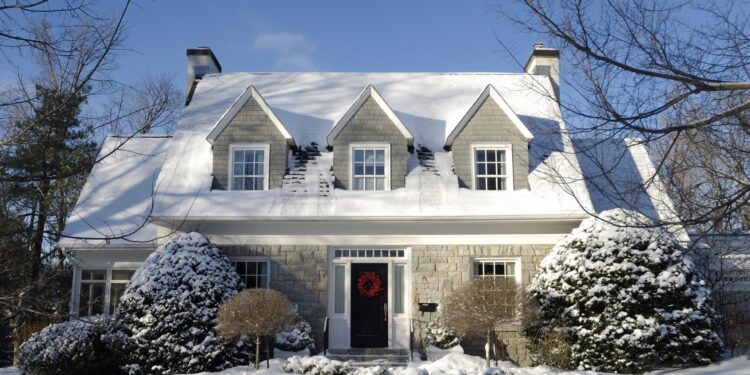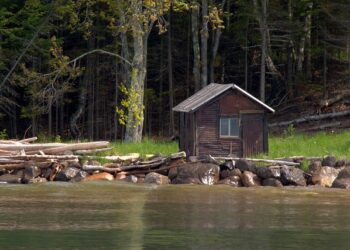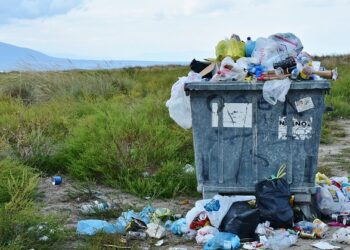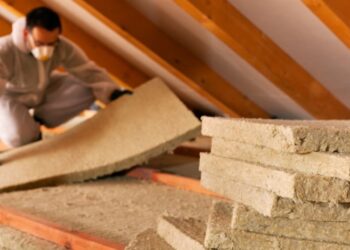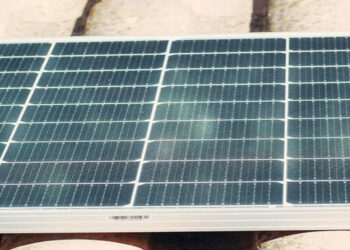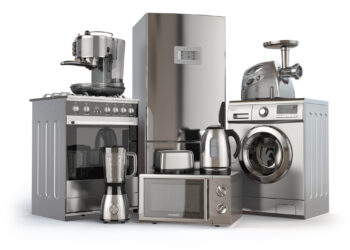As the temperature drops and the leaves change color, it’s time to focus on a crucial aspect of maintaining our homes and vehicles and preparing for the challenges the season brings.
This time, you need winterization to prepare your property and assets for the cold, icy, and snowy conditions. Whether you own a home, run a business, or have vehicles, winterization is critical in ensuring everything runs smoothly during the winter months.
What is Winterization?
Winterization is preparing your property or vehicle for the harsh conditions of winter. It involves a series of steps and precautions to safeguard your investments and ensure they remain in optimal condition during the cold months. Let’s delve into why winterization is imperative.
Protecting Your Home
Homeowners, rejoice! Winterization is your shield against the biting cold and potential damage to your property. You can avoid costly repairs and keep your home cozy throughout winter by taking the necessary steps. Some crucial aspects of home winterization include:
- Insulation: Ensure your home is well-insulated to keep warm and cold out.
- Weatherstripping: Seal gaps around doors and windows to prevent drafts.
- Gutter Cleaning: Clearing debris from gutters prevents ice dams and water damage.
- Furnace Maintenance: Schedule a professional inspection to ensure your heating system is working efficiently.
- Pipes and Plumbing: Insulate exposed pipes to prevent freezing and bursting.
Caring for Your Vehicle
Winterization is a non-negotiable task for vehicle owners that can save you from breakdowns and accidents on icy roads. Here’s what you need to do to winterize your car:
- Tire Inspection: Check your tire tread and consider winter tires for enhanced traction.
- Fluids and Antifreeze: Ensure all fluids are at the proper levels, and use antifreeze to prevent engine damage.
- Battery Check: Cold weather can be tough on batteries, so have it tested for reliability.
- Brake Inspection: Ensure your brakes are in top condition for slippery roads.
- Emergency Kit: Equip your car with essentials like a flashlight, blankets, and a shovel in emergencies.
Businesses and Commercial Properties
Remember business owners and commercial property managers. Winterization is equally crucial for ensuring the smooth operation of your establishments. Here’s what you can do:
- HVAC System Maintenance: Keep your heating systems well-maintained to avoid disruptions in your business operations.
- Snow Removal: Have a timely snow and ice removal plan to keep your premises safe for customers and employees.
- Insulation: Ensure your commercial property is well-insulated to conserve energy and reduce heating costs.
- Emergency Protocols: Establish clear protocols for employees to follow during inclement weather.
Outdoor Enthusiasts
You can still benefit from winterization even if you’re not a property owner or vehicle owner. Outdoor enthusiasts and adventurers should consider these tips:
- Winter Sports Equipment: Inspect and maintain your gear for safety and enjoyment.
- Layer Up: Dress appropriately for the
Some common examples of things that may require winterization:
Homes and Buildings
Homeowners and building managers often need to winterize their properties to ensure they remain warm, energy-efficient, and safe during winter.
This can include insulating walls and windows, sealing drafts, and servicing heating systems to prevent freezing or malfunction.
Vehicles
Winterization for vehicles is crucial in regions with cold winters. This process involves checking and preparing the vehicle’s components, such as the engine, tires, battery, and fluids, to ensure they can operate effectively in freezing temperatures. Installing snow tires or chains may also be necessary.
Boats
Boat owners need to winterize their vessels to keep them in the water during the winter or store them for the season.
This includes draining water systems to prevent freezing, protecting the engine from corrosion, and covering the boat to avoid snow and ice accumulation.
Recreational Vehicles (RVs)
RVs, like boats, require winterization if they won’t be in use during the cold months. This involves draining water lines, adding antifreeze to plumbing systems, and protecting the RV’s exterior from winter elements.
Gardens and Landscaping
Gardeners may need to winterize their gardens by mulching, covering sensitive plants, and protecting them from frost. Proper winterization helps preserve plants until spring.
Pipes and Plumbing
Winterizing water pipes in cold climates is essential to prevent them from freezing and bursting.
This can involve insulating pipes, draining outdoor faucets, and using heating tape or other methods to keep lines from freezing.
Recreational Activities
Outdoor enthusiasts may need to winterize their gear, such as skis, snowboards, and camping equipment, to ensure it functions well in cold conditions.
This might involve waxing skis, waterproofing gear, and using appropriate clothing and footwear.
Bottom line
The specific steps and precautions for winterization can vary depending on the item or property being prepared and the severity of the winter climate in the region.
Winterization aims to minimize damage, reduce energy consumption, and ensure safety during the winter season.
